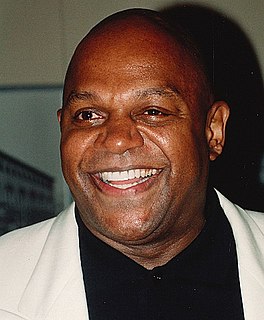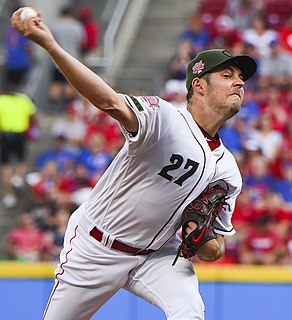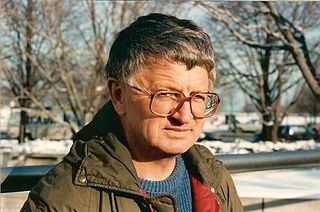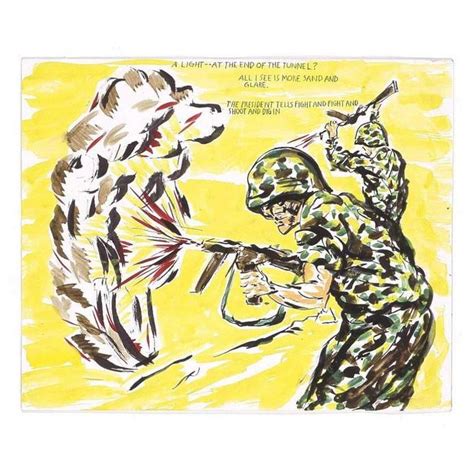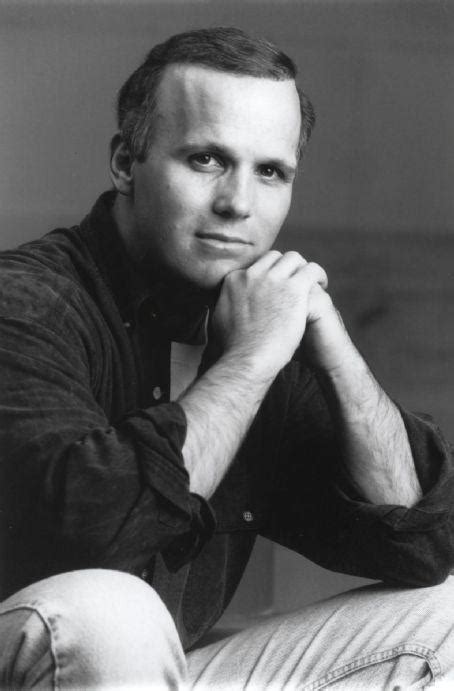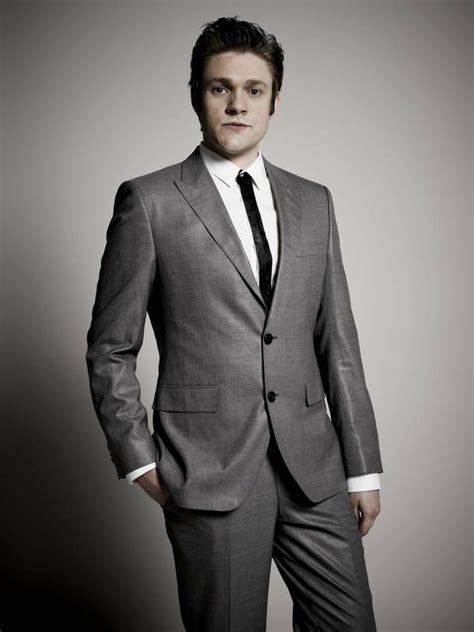A Quote by Denzel Washington
We just had to stay out-of-the-way [in Fences]. [August Wilson] already wrote a masterpiece. And you really don't know how it's going to work until you get it in front of an audience.
Related Quotes
You can't really get the full joy out of life unless you really go for it. You just have to go into it and stay under some kind of hope or illusion that it's going to work. But as you get older, or the more experiences you have, or whatever it is that tells you how this stuff works, you also know that if you go all the way into it, there's the risk of losing everything but you don't have a choice.
So I made an outline. Well, you know, days are going by, and I am not writing anything because this thing is laid out in front of me. It's as if you get every brochure for a trip you are going to go on and you get the minutest details of every step along the way. Well, I really doubt you're going to then get in the car and go. You know, it's like, why bother if it's all laid out in front of you?
I really felt that I had to stay level, I had to control, I had to know what I was eating, I had to know what I was doing, I had to work out. All that stuff is very powerful and it really helps, but now I don't do it out of survival. At first, I was just trying to survive. I assumed at some point I'd be screwed otherwise.
What social media has done - Facebook, Twitter - is show the audience. I don't have an audience. When I make my work, it just goes out into the ether. I have a thick skin and it just brings me down to earth, you know, to realize how out-there and far away and paltry the audience is that gets what I'm saying. It's depressing if I let it get to me. And it's the same with hanging a show, the way it's put up, like, three stories high and you can't read a single word.
Not everything is going to be handed to you just because you're talented with a big smile. Sometimes you just gotta get out and shoot jumpers for hours and hours and hours. That's something I didn't really get a grasp on until way later, waking up early and treating it like a job if you're serious about it. Get the freak up and, you know, work.

